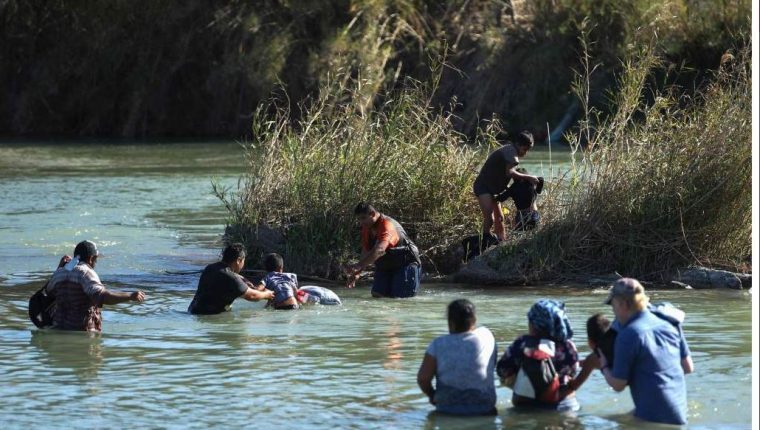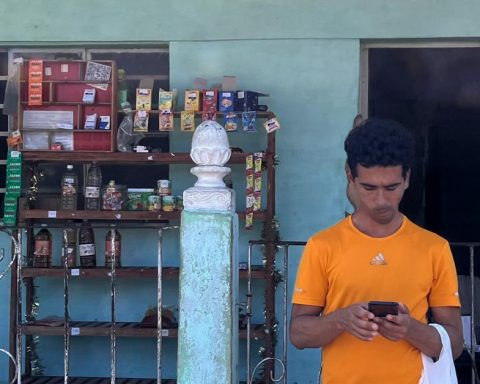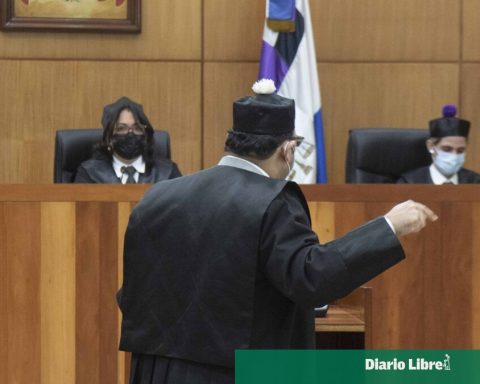The United States diplomatic mission in Managua continued this week with its campaign in which it tries to persuade Nicaraguan migrants not to try to enter that country illegally.
«If you want to apply for parole to migrate safely and legally to the US, visit (this link) uscis.gov/en/CHNV», says a publication of the Embusa on its official Twitter account.
“It is free and you can do it virtually through MyUSCIS and the CBPOne app. Do not expose yourself to scams by paying coyotes or whoever offers you a trip to the US border, “adds the diplomatic headquarters.
The program called “humanitarian parole” was implemented by the US before the wave of citizens from the center and south of the continent or the Caribbean area, who ventured to cross the Rio Grande, where dozens of emigrants lost their lives in tragic and It consists of a temporary permit for 2 years that will allow the emigrant to arrive by air in the US and work legally for two years, during which time they will be able to find a way to regularize their stay in that country.
Related news: This is the process to reach the US with the new border plan
Approximately 30 Nicaraguan citizens drowned in the waters of the Rio Grande, including children.
According to data published by the digital magazine Confidencial, some 328,000 Nicaraguans left the country in 2022. That same year, some 181,566 Nicaraguans were detained at the US borders, according to data from the US Customs and Border Protection Office. United States (CBP).
Migration through Mexico, be it by crossing the Rio Grande, jumping over the wall or risking it through the desert, was becoming a crisis until the Joe Biden administration announced in mid-January the implementation of the humanitarian parole for citizens of Venezuela, Cuba and Nicaragua.
Related news: Little brother of a Nicaraguan boy who drowned in the Rio Grande dies
Meanwhile, the immigration authorities of the northern power follow the deportations of citizens who entered irregularly through the application of the so-called Title 42.
This measure will come to an end on May 12. As of that date, deportations will be accelerated, according to the Department of Security, through the application of Title 8.
















